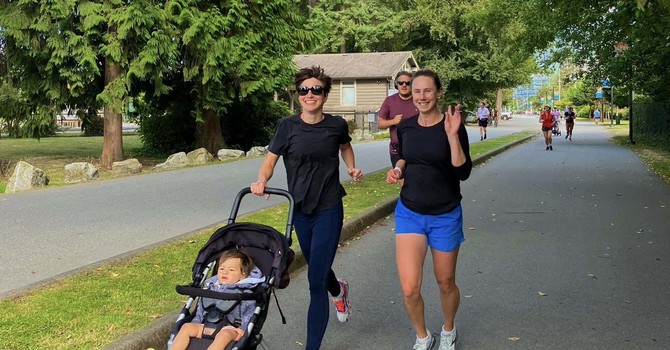
Hypotonia, commonly known as low muscle tone, is a condition that can affect children from infancy through adolescence. As a concerned parent, it's natural to seek ways to help your child develop. We're going to delve into what hypotonia is, its signs and symptoms, and how pediatric physiotherapy can play a crucial role in treating hypotonia to support your child’s growth and development.
What is Hypotonia?
Hypotonia refers to decreased muscle tone, meaning that muscles feel floppy or lack the resistance they typically should. This condition can affect any muscle group and can range from mild to severe. Hypotonia itself is a symptom rather than a diagnosis and can be associated with various underlying conditions, including genetic disorders, central nervous system issues, and metabolic diseases.
Signs and Symptoms of Hypotonia
Children with hypotonia may exhibit a variety of signs and symptoms, including:
- Floppy or Rag Doll Appearance: Infants with hypotonia often appear floppy when held.
- Poor Head Control: Difficulty holding up the head, especially in infants.
- Delayed Motor Skills: Delays in reaching developmental milestones such as rolling over, sitting up, crawling, and walking.
- Weakness: Generalized muscle weakness, which can affect both fine and gross motor skills.
- Feeding Difficulties: Challenges with sucking and swallowing.
- Poor Posture: Slumped posture and difficulty maintaining upright positions.
- Hyperflexibility: Excessive flexibility in the joints due to reduced muscle support.
How Pediatric Physiotherapy Can Help
Pediatric physiotherapy is a highly effective approach to managing and treating hypotonia. Physiotherapists specializing in pediatric care can develop personalized treatment plans to address the unique needs of each child.
- Comprehensive Assessment and Diagnosis
A thorough assessment by a pediatric physiotherapist will help determine the severity of hypotonia and identify specific areas that need attention. This includes evaluating muscle tone, strength, motor skills, and developmental milestones. - Tailored Exercise Programs
Physiotherapists design individualized exercise programs aimed at improving muscle strength, coordination, and overall motor function. These programs may include:
a. Strengthening Exercises: Activities that target specific muscle groups to increase strength and support.
b. Gross Motor Skills Development: Exercises that enhance large muscle movements such as crawling, sitting, and walking.
c. Fine Motor Skills Development: Activities that improve hand-eye coordination and dexterity - this is also often assisted in conjunction with an occupational therapist. - Postural Training
Improving posture is essential for children with hypotonia. Physiotherapists work on exercises and techniques to help children maintain better posture and alignment, which can enhance overall function and reduce fatigue. - Functional Play and Activities
Incorporating play into therapy sessions makes exercises engaging and fun for children. Functional play activities are designed to improve motor skills while keeping the child motivated and interested. - Parent Education and Home Exercise Programs
Parents play a crucial role in their child’s therapy. Physiotherapists provide education and guidance on how to support their child’s development at home. Home exercise programs are tailored to fit into the family’s daily routine, ensuring consistent progress.
Benefits of Pediatric Physiotherapy for Hypotonia
- Improved Muscle Strength: Enhanced muscle tone and strength, leading to better support and stability.
- Developmental Progress: Support in reaching motor milestones and improving overall motor function.
- Enhanced Coordination: Improved coordination and balance, facilitating easier movement and daily activities.
- Increased Independence: Greater ability to perform tasks independently, boosting confidence and self-esteem.
- Better Quality of Life: Overall improvement in physical abilities and participation in activities.
So, what next?
Hypotonia can pose challenges to your child's development, but with the right support, significant improvements can be made. Pediatric physiotherapy offers tailored treatments that promote strength, coordination, and overall development.
We are proud to have pediatric physiotherapists and are dedicated to helping children with hypotonia reach their full potential. If you suspect your child has hypotonia or if your child has been diagnosed with this condition, contact us today to schedule an assessment.
Nazly Naseri
Contact Me


